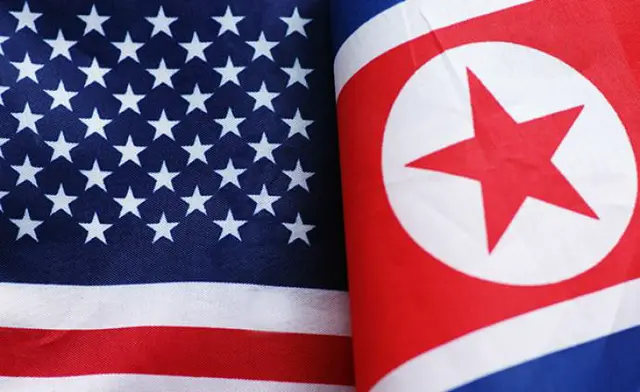After years of planning, Myanmar finally adopted a new national policy on Wednesday which aims to end the crime focused approach to dealing with drug use.
The country is the second largest opium producer in the world after Afghanistan, and it also produces and uses heroin and amphetamine-type stimulants (ATS). Most of the opium is turned into heroin and exported to neighboring countries, especially to China, a Brooking Institution study reveals.
Crackdown on drug use by law enforcement agencies around the globe has led to crowded prisons in many Latin American and South East Asian countries. But, despite suppression, police have failed to curb drug use, leading to a rising number of HIV-AIDS infections.
The country’s ministry of home affairs announced the implementation of the new policy, prepared in consultation with UN Office on Drugs and Crime (UNODC), UNAIDS.
The policy recommends that, instead of arresting or pressing criminal charges on drug users, the focus should be on providing medical treatment, rehabilitation and ensuring community participation in dealing with drug addicts.
Many countries opposed the move to decriminalize drug use during the UN General Assembly Special Session on the World Drug Problem (UNGASS) in 2016. Opponents feared such a step might lead to drug tourism and promote drug use among youths.
Treating drug users as patients, not criminals
Myanmar authorities on June 26 destroyed seized narcotics worth 56.31 million USD in anti-drug ceremonies in Yangon, Mandalay and Taunggyi.
But overcrowded prisons and the failure of law enforcement agencies to combat the global drugs menace forced many countries to adopt new recommendations.
A pioneering move from the Portuguese Government to decriminalize drug use and scale up health and social interventions for drug users in 2001 helped to control drug use within a decade.
In 2009, Vietnam became one of the first South East Asian countries to decriminalize drug use and adopt a policy of identify addicts as patients rather than penalizing them as criminals.
Thailand is also planning a similar strategy to control their considerable spending on drug addicts languishing in the country’s prisons.
On the contrary, the Philippines has continued its war on drugs, leading to a large number of deaths and overcrowded prisons and creating a string of human rights violations.
A trail of murders also prompted more than 12 UN agencies to shut down compulsory drug detention and rehabilitation centers.
The UN researchers found mandatory treatment remains highly ineffective in these centers, as the relapse rate soared to 90 percent after the release of patients from treatment clinics in China, Cambodia, and Vietnam.
Apart from decriminalizing drug use, the new policy also aims to provide alternatives for opium farmers, traders, and drug peddlers. The present rules make it compulsory to burn all opium crop.
The Myanmar Opium Survey conducted last year revealed more than 4,000 hectares of agricultural land with an opium cultivation majority in the Shan and Kachin states provide a livelihood for more than a million ethnic minority families in the region.
Under the new policy, farmers involved in opium farming would be offered an alternative livelihood.
The UNODC Regional Representative for Southeast Asia and the Pacific, Jeremy Douglas, said, “We hope to refocus our national efforts to address drug challenges, contribute to better public security and safety, and importantly to improved public and community health.”
(CGTN)
 简体中文
简体中文

